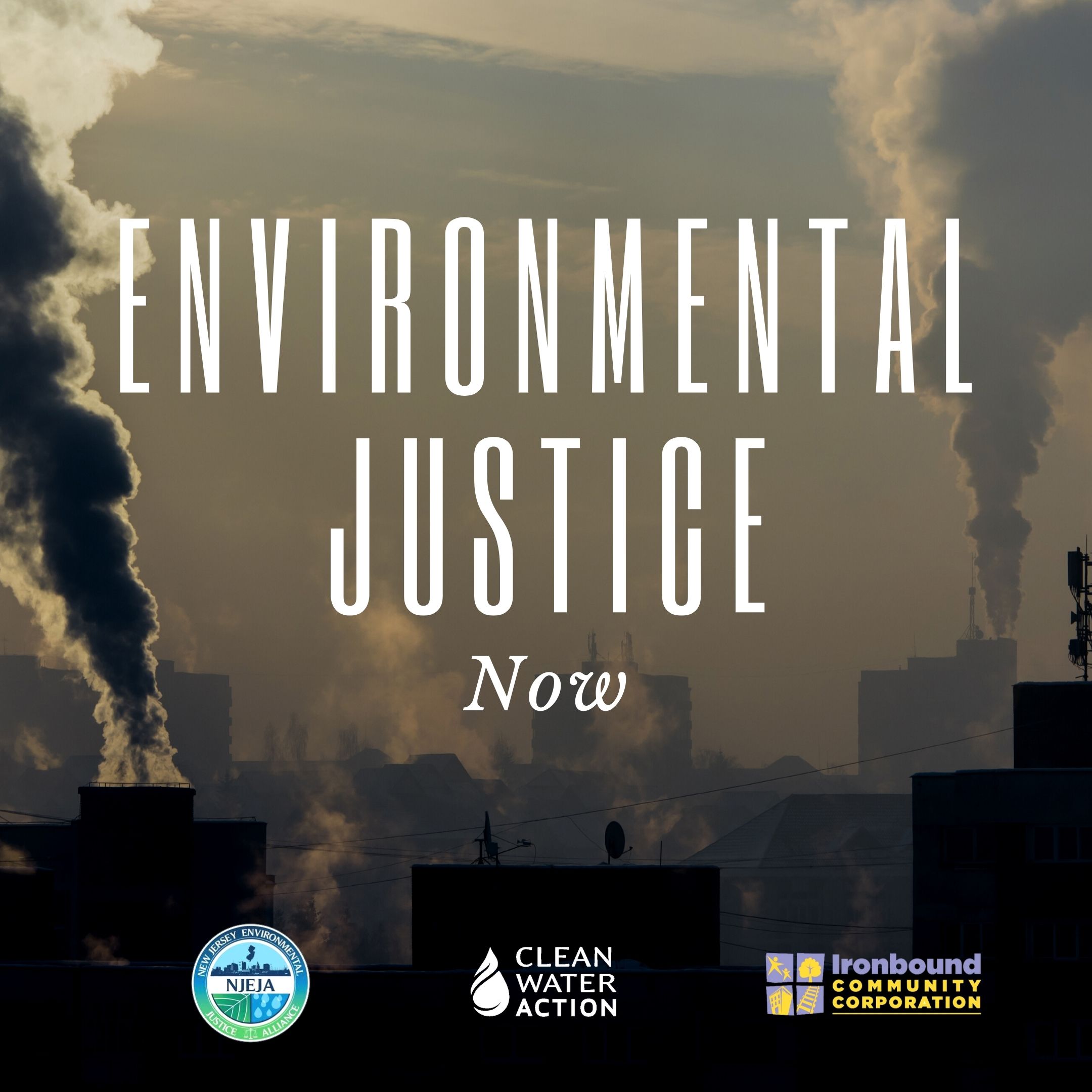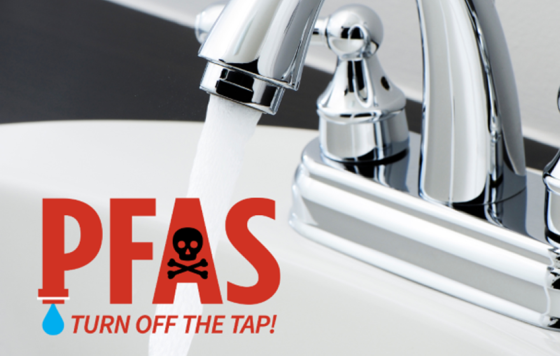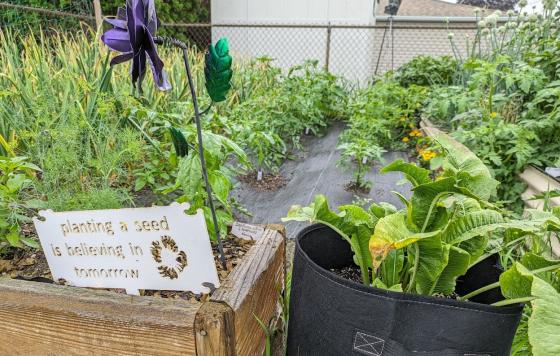
Kim Gaddy, Clean Water Action's Environmental Justice Organizer, testified before the NJ Assembly Environment Committee on Monday July 20, 2020 in support of NJ's Environmental Justice legislation (S232 / A2212). If you live in New Jersey, please contact your legislators to urge them to pass the most protective cumulative impacts bill in the nation.
Good afternoon,
My name is Kim Gaddy, Environmental Justice Organizer for Clean Water Action and lifelong Newark resident. I am here to lift all the voices of Black and brown residents in the State of New Jersey who fight every day to breathe clean air and drink safe & affordable water.
In honor of the late Congressman John Lewis, I have been in good trouble for 20 years and keeping the faith that the members of the New Jersey Assembly agree that New Jersey must stop Environmental Racism and pass A2212 Cumulative Impacts Bill through this committee today. I am hopeful that this committee has a conscious and a moral obligation to be on the right side of history today. This vote to pass the EJ Cumulative Impact Bill, begins to address the legacy of pollution and environmental degradation residents suffer from because of the zip code they live in and the color of their skin. Also, this bill allows NJDEP to say no to more polluting facilities, and incinerators that would disproportionately impact low-income communities and communities of color that are overburdened by the cumulative impacts of multiple pollutants about that low-income people suffer from every day.
In New Jersey Black and People of Color communities are not created equal, we live with cumulative impacts of pollution and it's everywhere. Incinerators, polluting emitting facilities, waste transfer stations, thousands of trucks, superfund sites, energy facilities, sewage facilities and more every day.
Environmental Justice calls for the fair treatment and meaningful involvement of all people regardless of race, color, national origin or income with respect to the development, implementation and enforcement of environmental laws, regulations and policies.
Newark, Jersey City, Camden, Elizabeth, Paterson to name a few locations deserve the same degree of protection from environmental and health hazards and equal access to the decision-making process to live, work, pray and recreate in our neighborhood.
In a climate where communities are fighting to acknowledge that BLACK LIVES MATTERS in New Jersey and as Governor Murphy and Commissioner McCabe stated, "We can no longer allow a system to continue that has essentially told residents who have lived with the cumulative impacts of past decades of development decisions: ‘We can't hear you over the money.’”
EJ communities don't need transactions, we need transformative change that starts with courage and the political will of this committee to do what is right by millions of Black and people of color who are dying because we don't have the right complexion for protection.
We can do better New Jersey.



